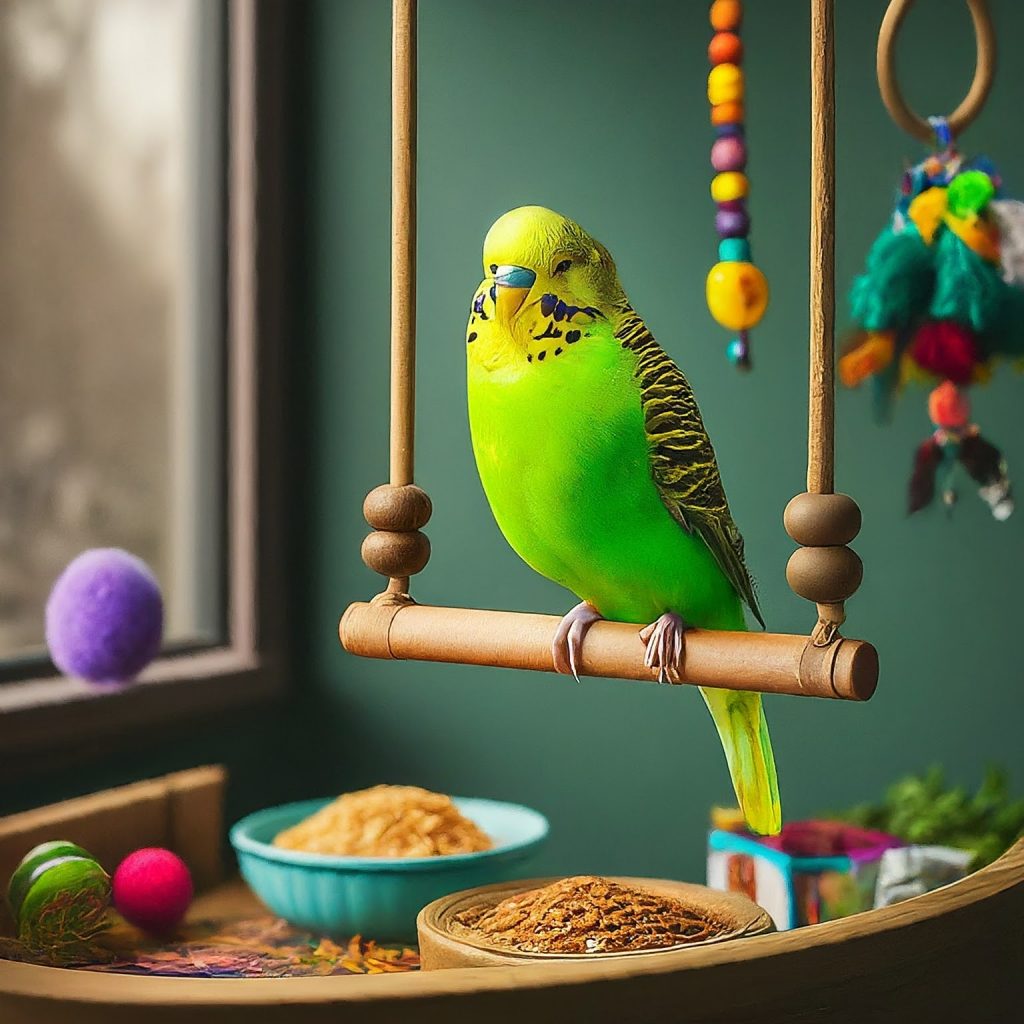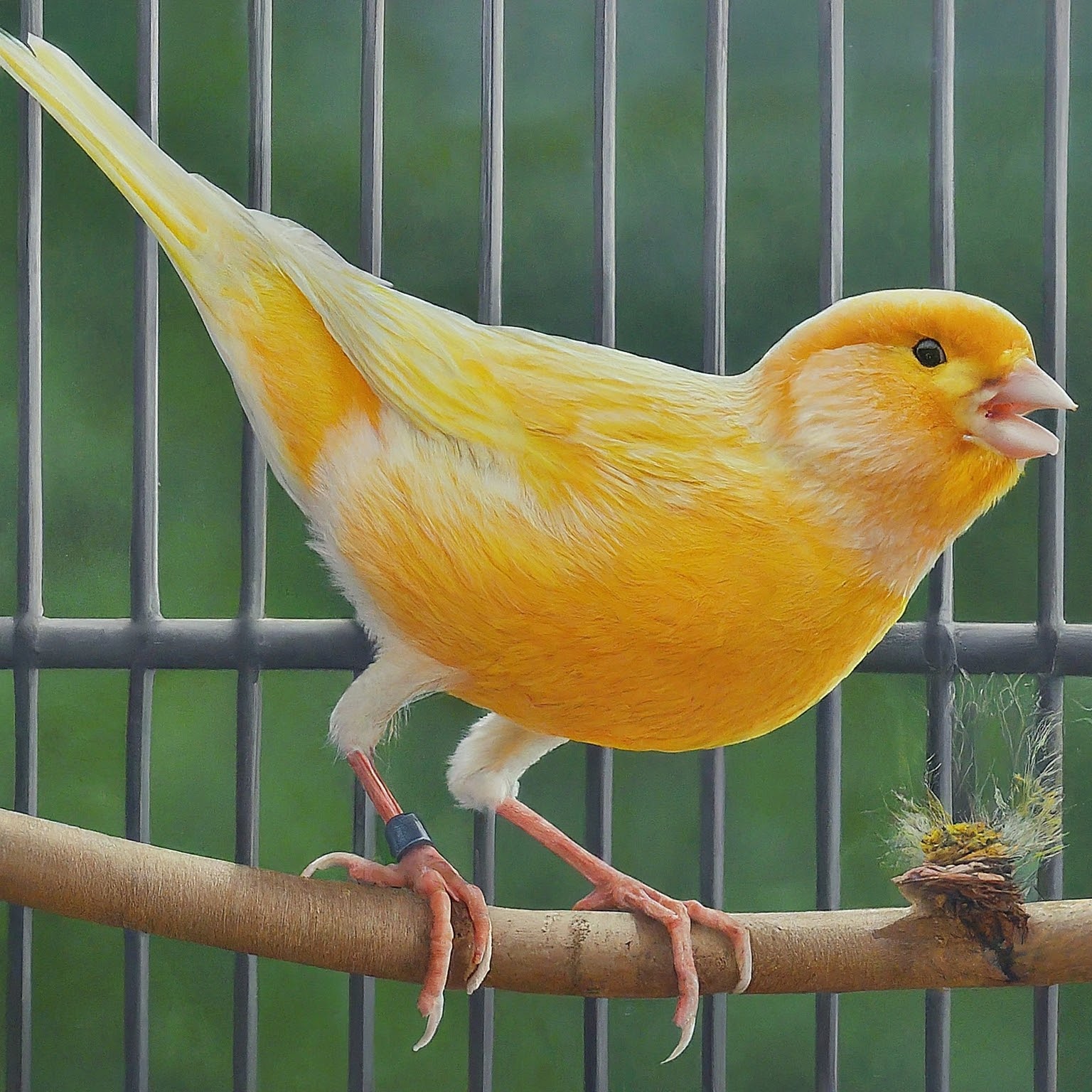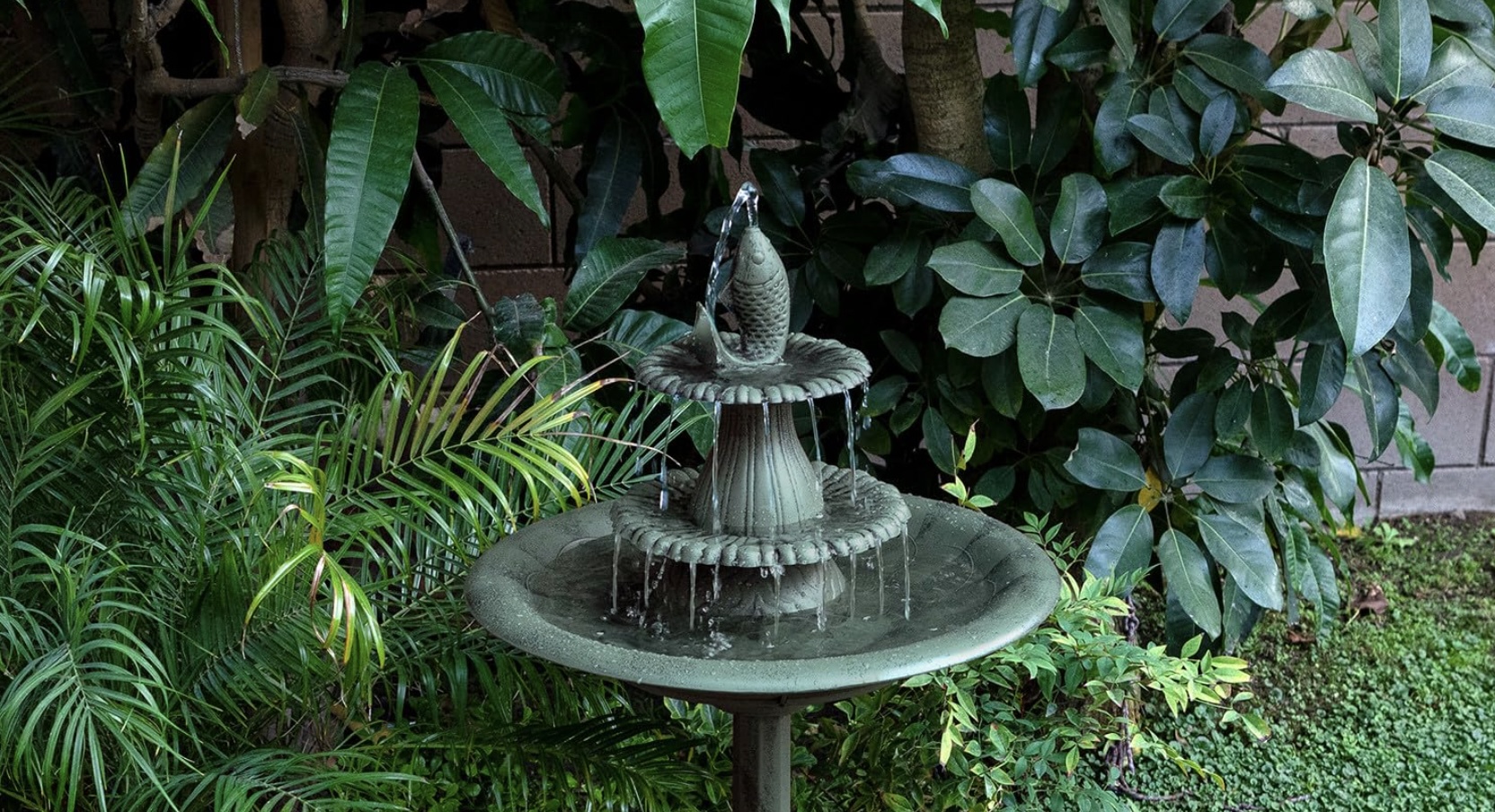Sharing your life with a feathered friend can be an incredibly rewarding experience. Birds are intelligent, social creatures who can bring joy, laughter, and companionship into our homes. But just like any other pet, their well-being depends on proper care and attention. Recognizing the signs of a happy bird is crucial to ensuring their physical and emotional health.
Signs Your Bird is Thrilled
- Vocal Expressions: A happy bird is a chatty bird! Singing, whistling, chirping, and even mimicking sounds are all indicators of contentment. If your bird is regularly vocalizing, it’s a good sign they’re feeling comfortable and engaged.
- Physical Appearance: Healthy feathers are a strong indicator of happiness. Birds preen themselves regularly, but dull, ragged feathers, excessive preening, or feather plucking can signal stress or boredom. Bright, well-maintained feathers are a happy bird’s badge of honor.
- Playful Demeanor: Birds love to play! Observe your feathered friend’s interaction with toys. Do they climb, swing, shred, and explore with enthusiasm? This playful behavior indicates a healthy mind and a positive outlook.
- Affectionate Interaction: Some birds enjoy cuddles and scritches, while others prefer observing from afar. Pay attention to your bird’s body language. If they puff up their feathers, lean into your touch, or nuzzle you, they’re expressing affection and trust.
- Appetite and Energy: A healthy bird will have a good appetite and a moderate level of energy. They should be alert and responsive, not lethargic or withdrawn. Consistent eating habits and regular activity are signs of a happy bird.
Signs Your Bird Might Be Blue
- Excessive Vocalizations: While some vocalization is good, constant screaming, screeching, or pacing can indicate stress or anxiety. Consider environmental factors that might be causing distress, such as loud noises or unfamiliar people.
- Destructive Behavior: Feather plucking, chewing on cage bars, or excessive self-mutilation are all serious signs of distress. These behaviors can stem from boredom, loneliness, or underlying health issues. Seek professional help if you observe these behaviors.
- Lethargy and Withdrawal: A bird that fluffs its feathers constantly, hides in corners, or avoids interaction is likely unhappy. This could be due to illness, fear, or lack of stimulation. Consult a veterinarian or avian behaviorist to rule out medical problems and address environmental concerns.
- Aggression and Biting: While some birds can be nippy, excessive aggression or biting is not normal. This behavior can be rooted in fear, territoriality, or frustration. Addressing the root cause and providing positive reinforcement training are crucial.
- Changes in Eating Habits: Loss of appetite, picky eating, or regurgitation can indicate illness or stress. Monitor your bird’s eating habits closely and consult a veterinarian if you notice any significant changes.
Remember: Every bird is an individual with unique needs and personalities. It’s important to observe your feathered friend closely and learn their specific cues of happiness and distress. By understanding their body language, vocalizations, and behavior patterns, you can create a loving and enriching environment that keeps your avian companion happy and healthy for years to come.
Additional Tips for a Happy Bird

- Offer a balanced diet: Consult with an avian veterinarian to determine the right diet for your bird species. Fresh fruits and vegetables, high-quality pellets, and sprouted seeds should be part of their daily menu. Avoid sugary treats and fatty foods.
- Schedule regular playtime outside the cage: Supervised out-of-cage time allows your bird to stretch their wings, explore their surroundings, and bond with you. Create a bird-safe space in your home and supervise them closely during playtime.
- Maintain a consistent routine: Birds thrive on routine. Establish regular feeding, sleeping, and playtime schedules to provide a sense of security and comfort. Avoid major changes to their environment whenever possible.
- Build trust and companionship: Spend quality time with your bird each day. Talk to them gently, offer scritches if they enjoy them, and engage in positive reinforcement training. Patience and consistency are key to building a strong bond.
- Create a calm and enriching environment: Minimize loud noises and sudden movements that can startle your bird. Provide access to natural light and fresh air whenever possible. Consider playing calming music or nature sounds to create a relaxing atmosphere.
- Seek professional help when needed: If you’re concerned about your bird’s behavior or health, don’t hesitate to consult an avian veterinarian or animal behaviorist. They can provide expert guidance and personalized recommendations to address your bird’s specific needs.
By following these tips and paying close attention to your feathered friend’s individual cues, you can create a happy and fulfilling life for your avian companion. Remember, birds are sensitive creatures who bring immense joy and love into our lives. With proper care and understanding, we can ensure their well-being and build a lasting bond that enriches both our lives.
Here are some additional resources that you may find helpful:
- The Association of Avian Veterinarians: <invalid URL removed>
- The American Council for Bird Behaviorists: https://www.behaviorworks.org/
- The Parrot Welfare Foundation: https://www.parrots.org/



